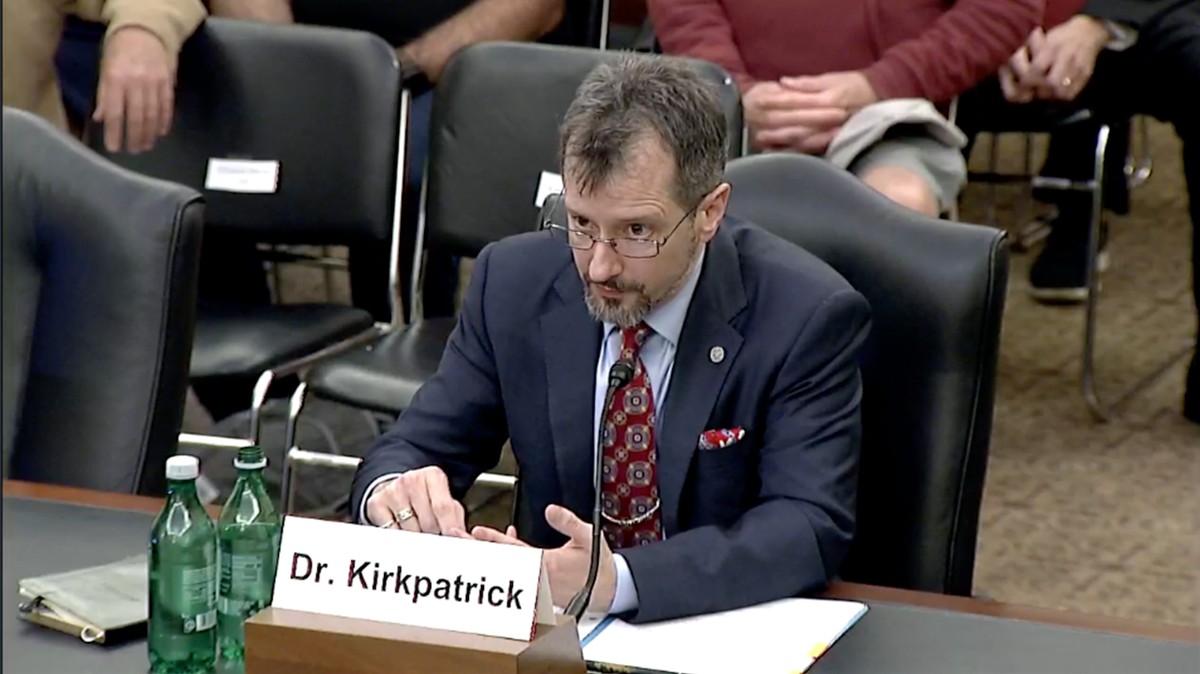- cross-posted to:
- [email protected]
- cross-posted to:
- [email protected]
Dr. Sean Kirkpatrick had a few choice words for the public on his way out the door of the Pentagon’s All-domain Anomaly Resolution Office
Sean Kirkpatrick was once the man in charge of a D.C.-backed agency tasked with investigating claims into unidentified anomalous phenomena, the new term for what most people still call UFOs. He stepped down from the position in December, and has now published a excoriating farewell letter in Scientific American detailing some of the reasons why.
So why did he stop hunting for UFOs on behalf of the American government? In short: Because congressional leaders believe in conspiracy theories with absolutely no substantial proof. “Our efforts were ultimately overwhelmed by sensational but unsupported claims that ignored contradictory evidence yet captured the attention of policy makers and the public, driving legislative battles and dominating the public narrative,” Kirkpatrick said in Scientific American.



That is one of the only cases where discussing size is not relative actually. Space is always big. It’s big compared to a person, it’s big compared to a planet, it’s big compared to a star system, it’s big compared to a galaxy, it’s big compared to a galactic cluster, and it’s approximately equal in size to the universe.
My comment was a humorous play on words, especially if understood in the context of physics and the theory of relativity, which deals with the fabric of space and time. In this context, I’m making a joke about the concept of “big” being relative in the vast and complex expanse of the universe.